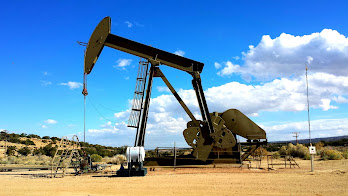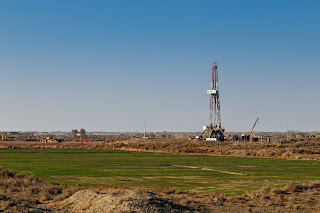Major Oil and Gas CEO's Side With Climate Change Initiative

Climate change has been an ongoing topic in the past years and one of the main topics covered during the presidential campaign by then-presidential candidate Joe Biden. He had threatened to remove all fracking sites to reduce carbon emissions to zero. Of course, towards the end of the presidential campaign, Joe Biden became less hostile towards the fracking industry and devised a more reasonable way of reducing carbon emission. On Monday, at least 10 chief executives from major U.S. oil companies (Exxon Mobil Corp., BP Plc, ConocoPhillips, Royal Dutch Shell Plc, Chevron Corp, and Devon Energy Corp) have decided to collaborate with the Biden administration in its campaign against climate change. White House National Climate Adviser Gina McCarthy has stated that oil industry leaders promised support for federal regulations. The main focus being limiting emissions of methane from wells and other oilfield equipm...


